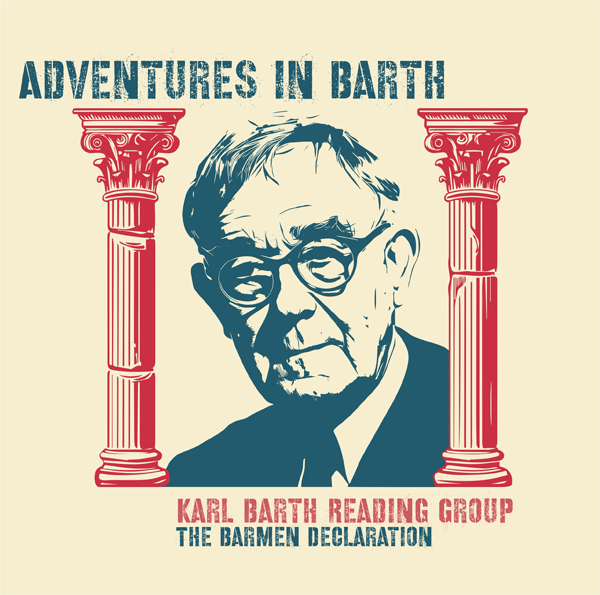A Few Thoughts From Mexico Now In Seattle
It’s been a lovely time to return to Seattle. Full spring. Everything so green and lush. We’re getting to some things that had been put on hold while we were out of the country as well as reconnecting with family and friends. Good to be away. Good to be home.
Last week this time we were in Mexico City, visiting the Mexican National Museum of Anthropology. An amazing museum, which devotes a lot of attention to the pre-conquest cultures, Mayan and Aztec being the most well known, but there are many more.
 Sacrifice, i.e. human sacrifice, was a big part of those cultures. Men, women, children and newborns were all on the sacrificial altar at one time or another. The monumental temples — the photo here is the Aztec Temple of the Sun — involved a long climb up many stairs for such a sacrifice. Climbing up to the gods. What a harrowing ascent that must have been for those to be sacrificed.
Sacrifice, i.e. human sacrifice, was a big part of those cultures. Men, women, children and newborns were all on the sacrificial altar at one time or another. The monumental temples — the photo here is the Aztec Temple of the Sun — involved a long climb up many stairs for such a sacrifice. Climbing up to the gods. What a harrowing ascent that must have been for those to be sacrificed.
I am told that part of the appeal of Christianity to indigenous peoples in Mexico was the claim that the sacrifice of Jesus on the cross was the final sacrifice, the end of all the sacrificial systems.
He had done it once and for all. If your religion required perpetual human sacrifice, you can see how the once and for all sacrifice of Jesus would be welcome news. The finality of the cross is a big theme of the New Testament Letter to the Hebrews. You get it also in C. S. Lewis’s “The Lion, the Witch and the Wardrobe.” Remember When Aslan the lion, the Christ figure, is slain on the great table rock by the White Witch? The rock cracks in two. Aslan’s sacrifice is the end to all such sacrificial systems.
Of course, all this didn’t stop the Spanish Inquisition from its own variety of fiery sacrifice. Christians keep turning our faith back into something it isn’t, something much more like standard human religions which put the emphasis on human activity.
That points to another difference between Christianity and other religions. The immense stone temples, truly wonders of art and architecture, were structures for human beings to ascend. To climb up to the gods. Christianity says something different, something revolutionary: God came down.
God, in Jesus, came down to where we are, to be as we are, to share our joys and our sorrows, unto death. The Good Shepherd looking for his lost sheep. Not only was sacrifice ended in and by Christ, but so was the idea that religion meant us climbing up to God through our merits or achievements. God came down, down the long staircase to us.
That said, Christians and the church have been forever distorting the Gospel, turning Christianity itself into a new religion of Law and sacrifice. Maybe we didn’t slaughter people at the temple peak exactly, but we did demand perfection which, turns out, is as rigorous a sacrificial system as any. If you are good enough — like perfect — then God will love you (maybe)! How often the church continues to tell people what they “must” do or “should” do in order to get to God, to get on God’s good side.
So is a religion of Grace, which is about God’s coming to us in mercy, with forgiveness and liberation, and what God has done for us, turned into a religion of Law and sacrifice about what we must do to please and placate God. Not the Gospel!
Years ago there was a book, then made into a movie, called “Up the Down Staircase,” about a young teacher in a large NYC public high school, who kept making the mistake of going up “the down staircase.” Likewise, we turn the down staircase of God’s love in Christ, coming to us where we are and as we are, into a religion of works and achievement. We try to climb up the down staircase of the Gospel. We want to make our faith into an up staircase, a ladder to the heavens, proving ourselves to God (and others), trying to ascend to God through out activity, our striving or our super-spirituality.
Those Aztec pyramids and temples are a wonder. No doubt about that. But they also reveal what a different kind of faith Christianity is, or is intended to be, from much of human religiosity. Religion is in all its varieties is mainly about what we humans do. About how are to try to get to God and control God for our own ends. It’s the long trek up the staircase to the heavens, where someone gets sacrificed to please an angry deity.
Christian faith is different. It isn’t mainly about us or what we do. It is what God does, about the God who came down to befriend sinners, who loves the ungodly. Jesus’s death is not to pay off or placate God. Jesus died because human beings killed him. It is what we do to love and light revealed. We reject it. Jesus did not die to appease a wrathful God. He died because we killed him. And yet his death and his resurrection are victorious over sin and evil. He is raised, triumphant, God’s vindication of Jesus and the way of Jesus.
Our sin does not get the last word. God and God’s love get the last word, which is also the first word of a new creation.
![Anthony B. Robinson [logo]](https://www.anthonybrobinson.com/wp-content/themes/anthonybrobinson/images/logo.png)
![Anthony B. Robinson [logo]](https://www.anthonybrobinson.com/wp-content/themes/anthonybrobinson/images/logo-print.png)
